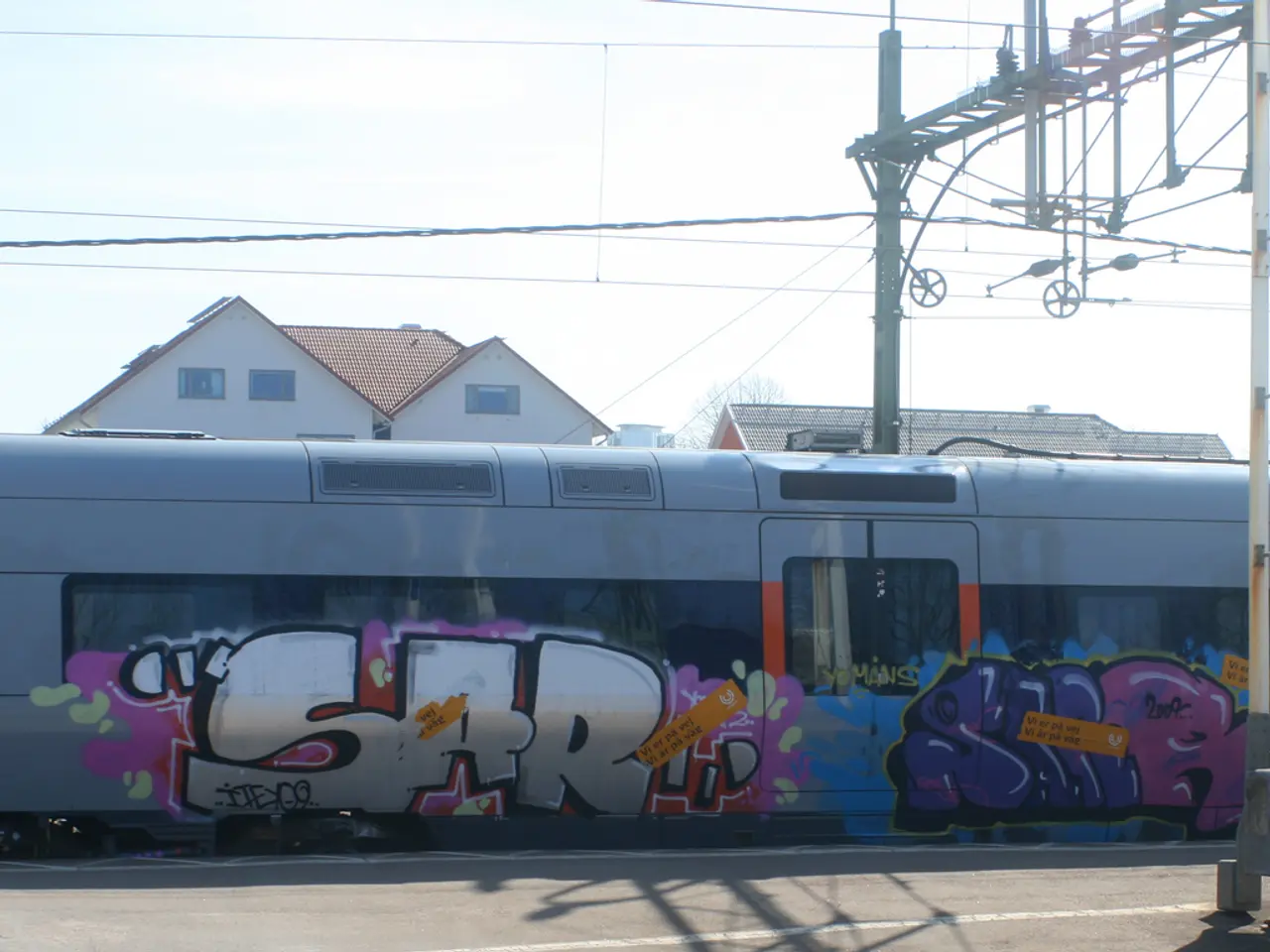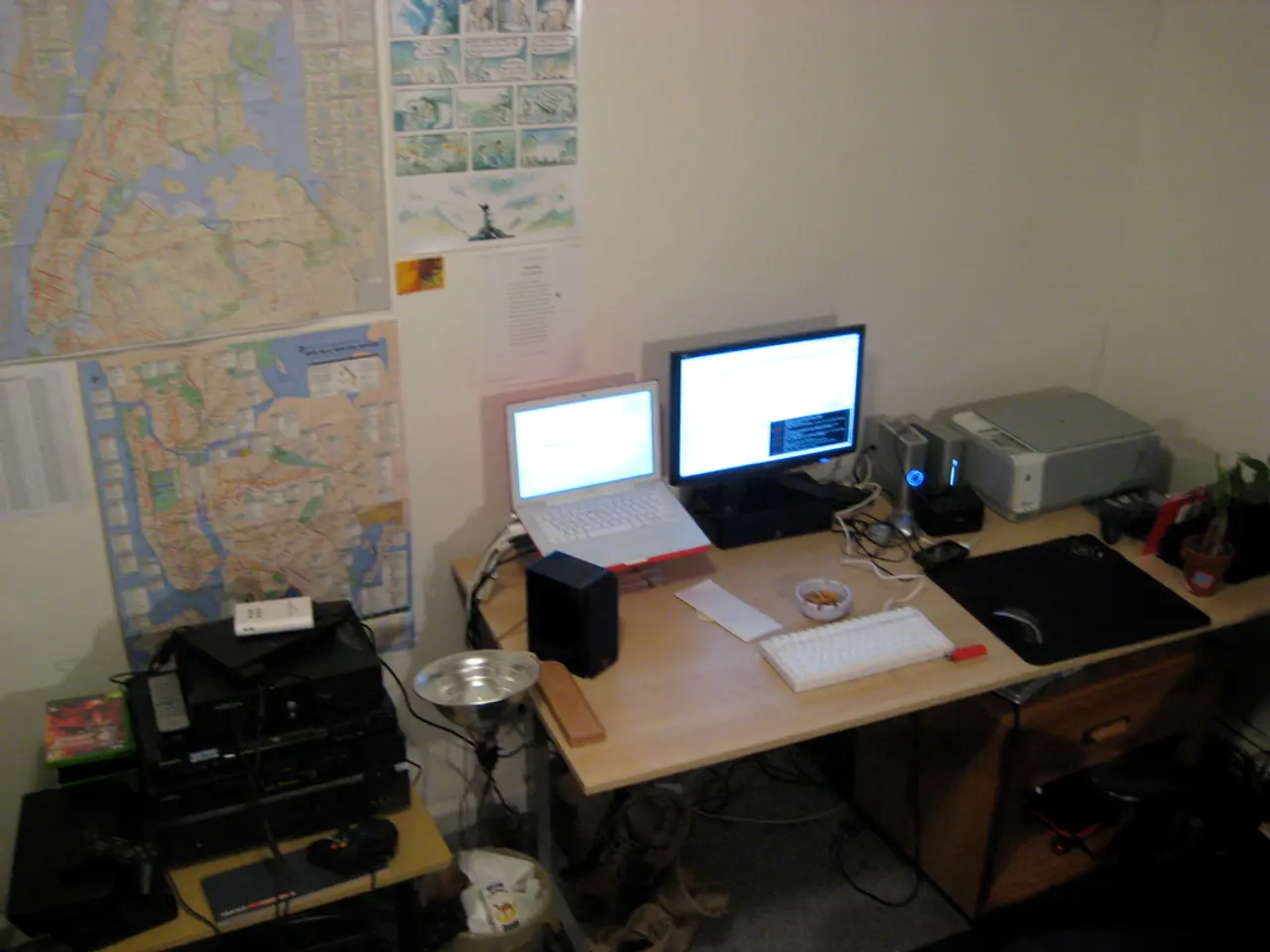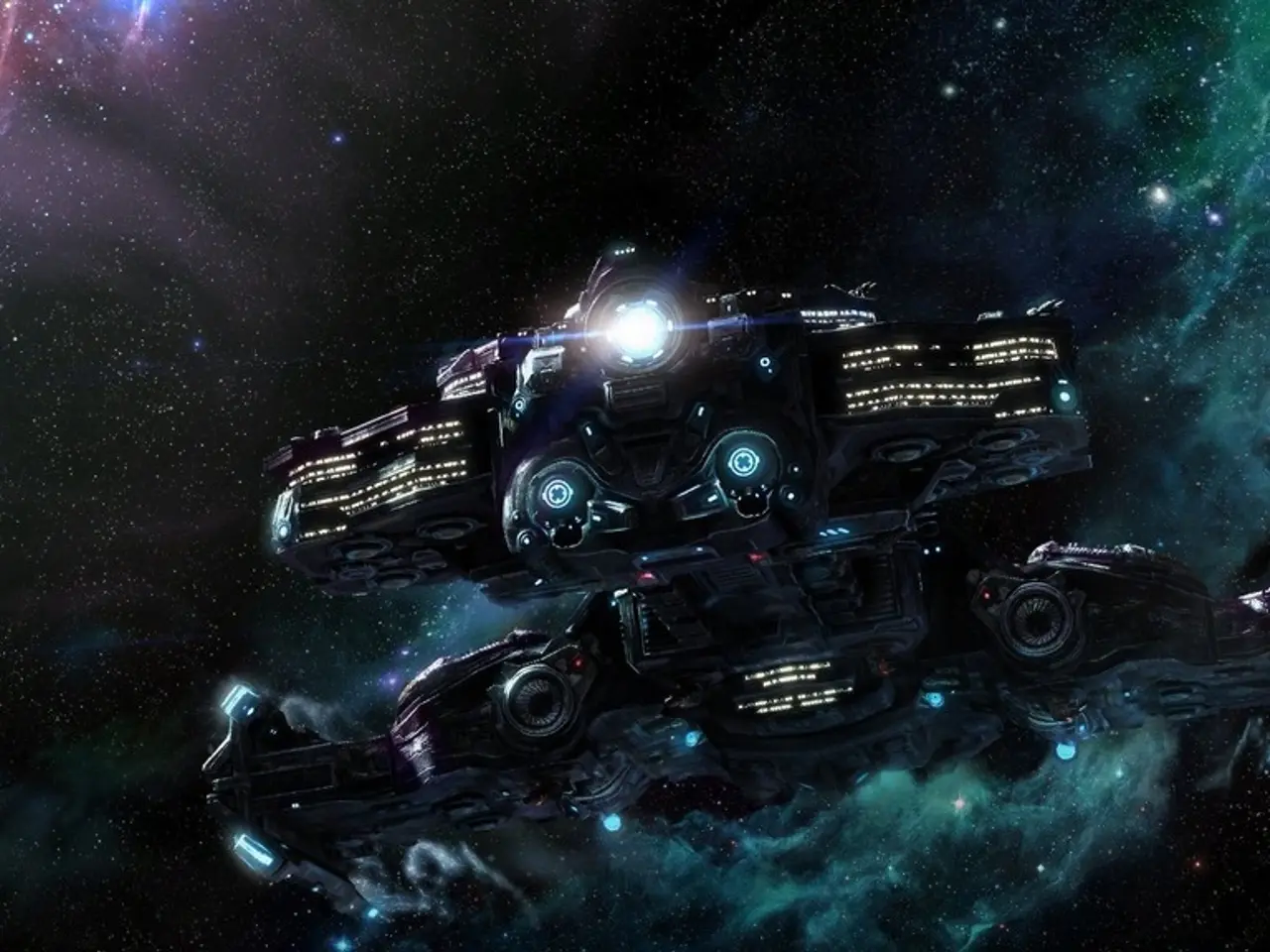Nineteen-nineties Detroit techno scene serves as creative influence for Richie Hawtin's short film production
In the heart of Detroit's early 1990s, a vibrant and unique underground techno scene was thriving. This scene, with its tales of rebellion and resilience, captured the imagination of filmmaker Luke Jaden. His new short film, Kids Like Us, aims to uncover the true magic of those times.
Directed and written by Michigan-based filmmaker Luke Jaden, and executive produced by Richie Hawtin, Kids Like Us is a poignant exploration of Detroit's early '90s electronic music scene. The film centres on one of a series of illegal raves Hawtin hosted at the city's abandoned Packard Automotive Plant, specifically the legendary Spastik party held on August 13, 1994.
The Spastik party, promoted through cryptic flyers and last-minute hotline numbers, serves as the narrative heartbeat of the film. It encapsulates a pivotal "mythologised moment" in techno history, bringing together true underground followers. The film emphasises the importance of connection built on the dancefloor and reflects on the cultural and emotional significance of the scene beyond its music.
Richie Hawtin, who debuted his legendary Plastikman alias at this event, is deeply connected to the story. The film portrays a diverse group of misfits and music devotees who found escape, connection, and meaning through techno during a time of economic hardship and social fragmentation in Detroit. Rather than simply retelling events, it captures the spirit and community of that era, revealing how the scene shaped Hawtin’s formative experiences and helped define the sound and ethos of techno music at that time.
Kids Like Us explores themes of "identity, dislocation, and connection" through the lens of Hawtin's formative experiences in the city's underground techno culture. The film was shot on 35mm film, adding a nostalgic touch to the visual narrative. To ensure accuracy, Jaden used deep archaeological style research and personal interviews with former ravers to continue honing his story to reflect an honest and engaging narrative of what had transpired.
The film is now available to watch via Nowness or YouTube. For those interested in the making of Plastikman's Sheet One, an interview with Richie Hawtin can be found here. Additionally, last year, Hawtin reissued the seminal minimal techno project Musik in recognition of its 30th anniversary.
Attendees at the Spastik party included The Blessed Madonna and Mute Records' Daniel Miller, further emphasising the film's historical significance. Kids Like Us is significant not only as a historical document but as a portrait of a subculture offering communal resilience and identity in challenging socioeconomic circumstances. It is a must-watch for techno enthusiasts and anyone interested in the power of music and community to shape lives and cultures.
Technology played a significant role in the promotion of underground raves in Detroit's early 1990s, as cryptic flyers and last-minute hotline numbers were disseminated for events like the Spastik party. The film Kids Like Us, with its emphasis on the cultural and emotional significance of the scene, also delves into the intersection of techno music and entertainment, showcasing the impact of the subculture on its participants and the city's cultural landscape.




